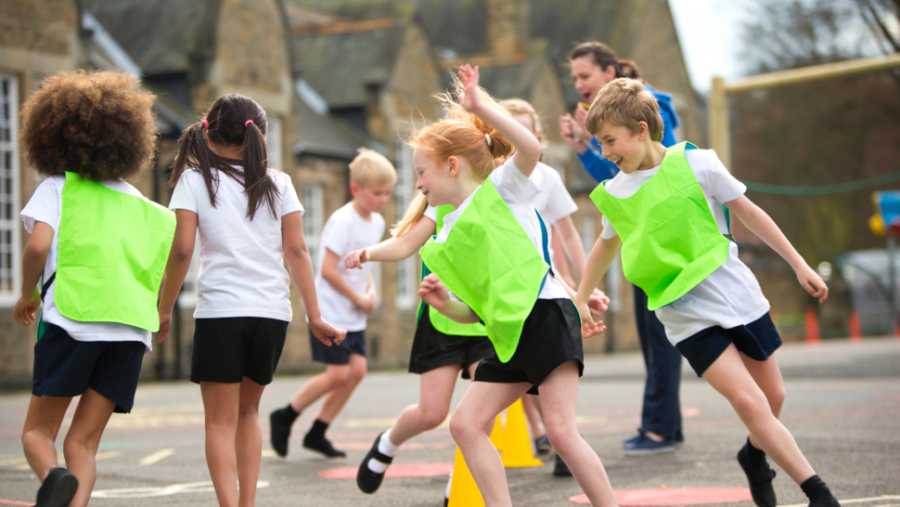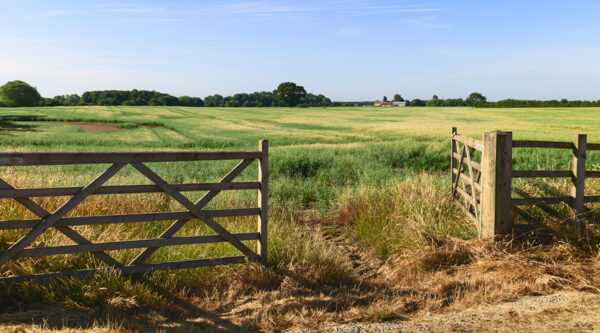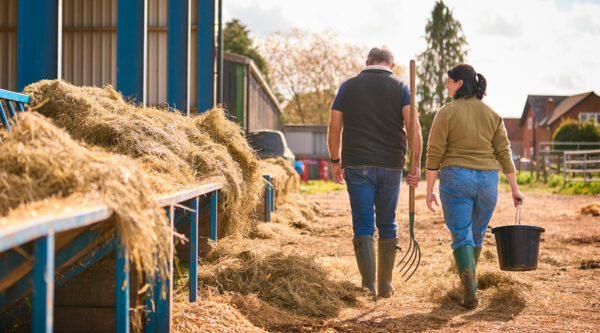

In 2019 the Department for Education (DfE) published the School sport and activity action plan (SSP), which is aimed at providing pupils with increased opportunities to play sport and participate in physical exercise at school.
The SSP has been updated for the first time since its publication following an announcement earlier in the year in respect of PE and sport funding, where the government committed to invest over £600m for sports to primary schools across the academic years 2023-24 and 2024-25 via the Primary PE and Sport Premium (PESP).
The plan acknowledges that, since 2019 and despite the Covid-19 pandemic, good progress has been made to ensure that PE and sport are integral to both the school day and after-school activities. The SSP has led to more schools opening their facilities for after-school activities and taking advantage of new resources and training.
Moving forward, the SSP aims to further improve the quality of PE and sport provision in schools, by ensuring equality of access and increasing the number of pupils engaging with sport to include swimming and water safety.
New tools for schools
The updated SSP has introduced a new digital PESP reporting tool which schools will be expected to use to improve accountability and identify non-compliant spending from September 2024. As this is a new tool selected schools will be asked to participate in a pilot before its rollout.
In addition, a new planning, reporting and evaluation template – created by the Youth Sport Trust and Association for PE – will be promoted by the DfE. This template will be used alongside the new digital PESP tool to help schools plan the spending of PESP by:
- Assisting schools in effectively delivering the PESP objectives
- Allowing for more transparency in respect of PESP spending
- Providing information to support the data submitted through the digital tool.
Schools should note that they will still be required to publish this template, or a similar report, on their website.
Expectations of school delivery
The DfE recognises that PE and sports are integral to making an excellent school, with all pupils experiencing the benefits of regular physical exercise through the curriculum. Schools will therefore be encouraged to deliver a minimum of two hours of PE each week during the school day and equal access to sport for all pupils.
In addition, schools should make further competitive opportunities available to pupils via intra-school competitions, and competitions against other schools. In doing so, schools should consider matching pupils based on their ability, physical strength and stage of development in the sport. Schools should also consider using competitive sport and physical activity to help prepare pupils for their exams.
Furthermore, schools should be engaged in the Youth Sport Trust’s School Games network, their local Active Partnership and the School Games.
Alan Beard, School Games Organiser at Dene Magna School has provided his comments on the PE policy changes for schools: “It is positive for the Department of Education to action changes towards school sport so schools consider what they offer both within and in the community settings with projects like School Games. The funding does back up the ambition to get young people moving and preparing them for later life and better health. However, my slight concern is the funding of these projects needs to be over a longer period of time to fully embed different sports and to make and sustain change within schools.
“The plan to have two hours of PE per week is still only a recommendation and not mandatory to schools, which may have had even more impact if it were an expected measure. On saying this it is a positive step forward and for the School Games to be part of this change and support schools to get students even more active.”
Swimming and water safety
The SSP mandates that in addition to delivering two hours of PE each week during the school day all pupils should also be taught to swim and understand water safety at primary school, which can be reinforced through secondary school.
All pupils should be taught practical water safety techniques, including how to float, tread water, signal for help and exit from deep water. Classroom-based lessons should also be used by schools to discuss elements of water safety which cannot be taught practically, such as cold-water shock, beach flags or the dangers of rip currents.
To help schools deliver swimming and water safety education, the DfE has collaborated with the National Water Safety Forum to launch a new water safety education framework for Key Stages 1-3. They will also continue to support Drowning Prevention Week and make available new water safety lesson resources for primary schools.
The DfE will also work with Swim England to increase schools’ awareness of the School Swimming and Water Safety Charter, which is free for schools to access and provides lesson plans, awards, guidance documents, templates and certificates for schools.
A central hub on the Swim England website for school swimming and water safety is available to ensure school swimming programmes are fully inclusive for pupils with special educational needs and disabilities.
Ensuring equal opportunities in sport
The SSP also places an emphasis on schools to secure equal access to PE and sport opportunities. The DfE’s expectation is that schools should provide girls and boys access to the same, and maximise participation and use of the resources to ensure exposure to different types of sport.
When schools are deciding on the PE curriculum and extracurricular activities, they should ensure that equality of access is as prominent in the decision-making process as the availability of resources, student engagement, the culture and traditions of the school, the local sporting infrastructure and teachers’ subject knowledge.
The DfE has also committed to providing £300,000 a year – up to March 2024 – for the Youth Sport Trust-led consortium to deliver the Inclusion 2024 programme, which aims to improve the opportunities for pupils with special educational needs and disabilities to participate in PE, sport and physical activity.
Implications for schools
By the end of 2023 the DfE proposes to publish non-statutory PE and sport guidance for schools which will include detailed case-studies of good practice to help them deliver good PE and sport. Schools should review their PE curriculum to consider how well it meets the aims and requirements of the DfE in relation to sport and extra-curricular activities. Schools should also ensure that their policies and procedures, including for instance the SEND policy, adequately reflect the provision to be made available to pupils.
Furthermore, if schools propose to hire their facilities out to increase the availability of extra-curricular activities, they should review their template hire agreement to ensure that it best protects the school’s position, and reflects the statutory requirements of Keeping Children Safe in Education.
This article was jointly authored by Coral Peutrill and Alan Beard, School Games Organiser at Dene Magna School.










